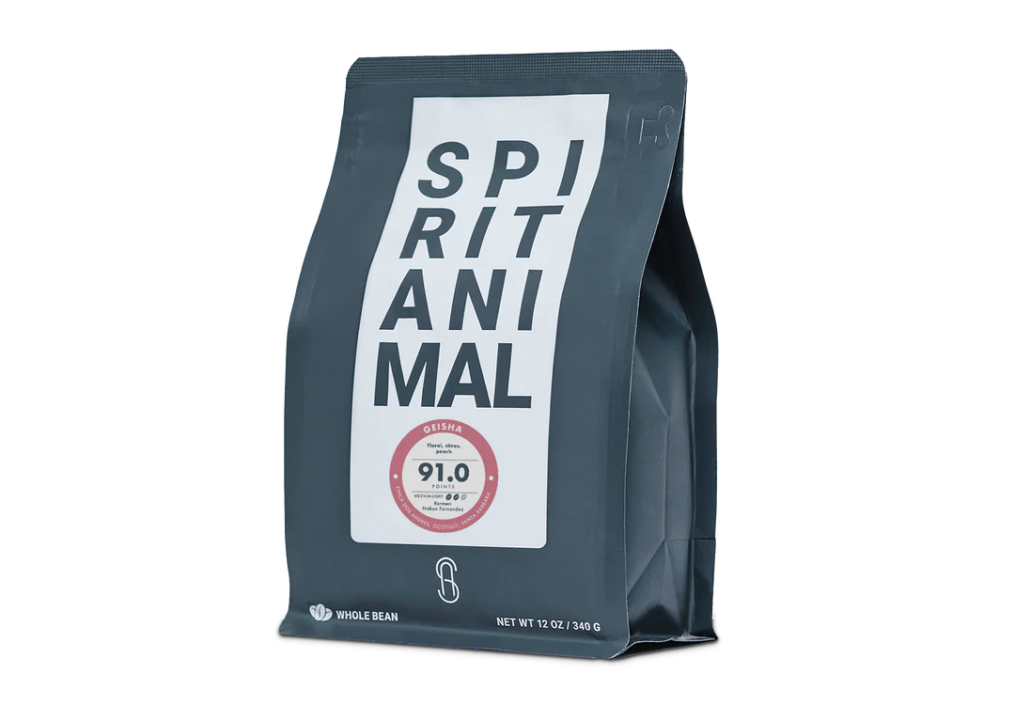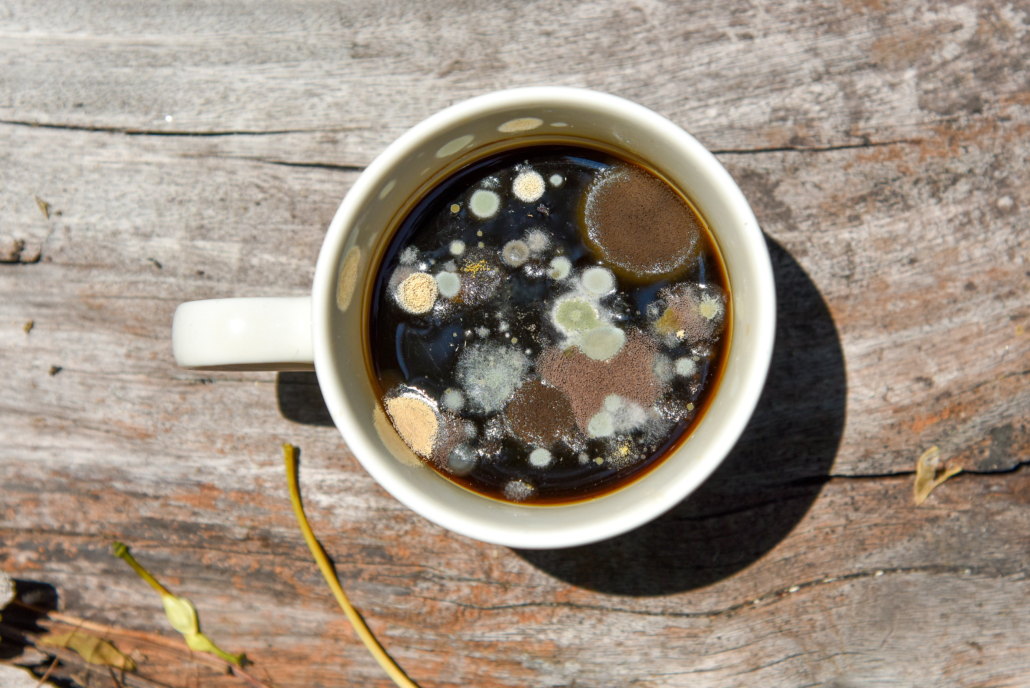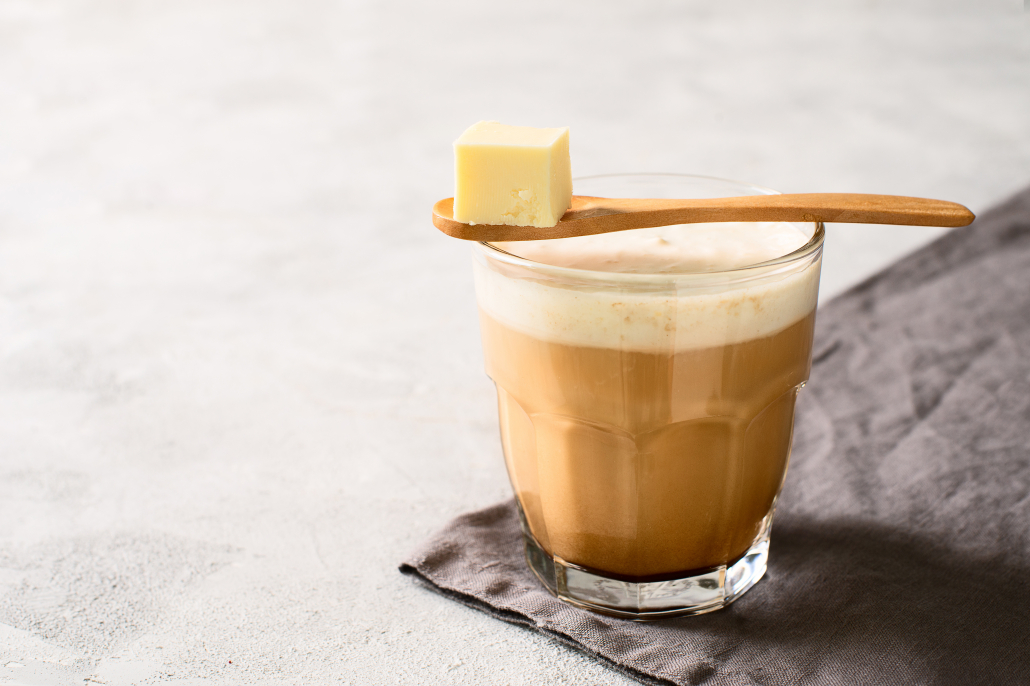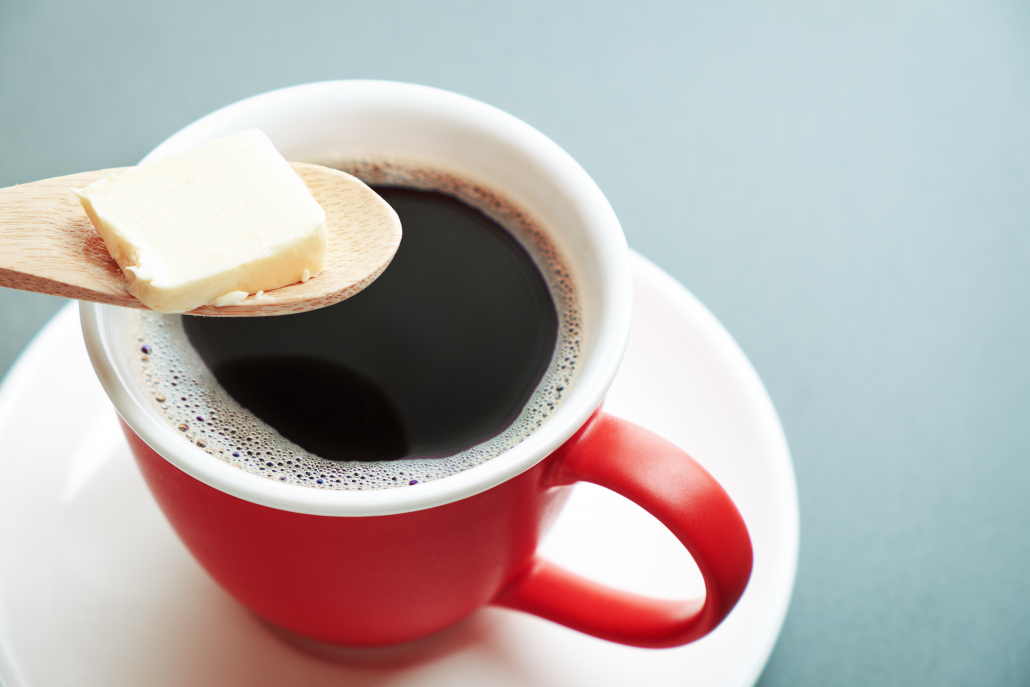We include products in articles we think are useful for our readers. If you buy products or services through links on our website, we may earn a small commission.
Mold Free Coffee: Best Brands to Choose From
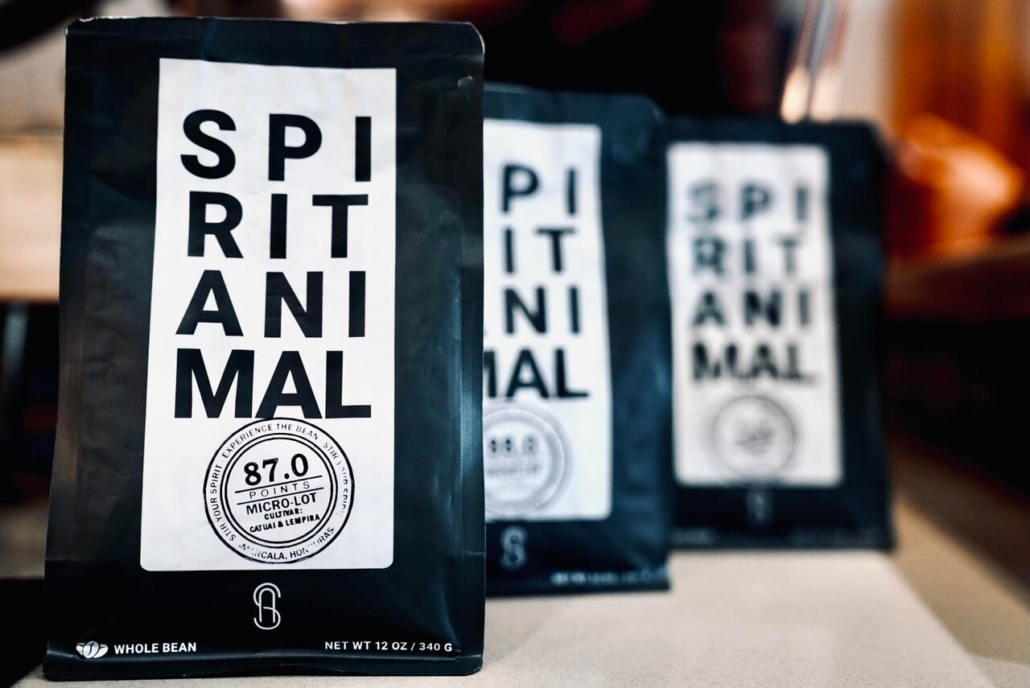
Pesticides aren’t the only thing to worry about when enjoying a “clean” cup of Joe. More coffee drinkers are looking for mold-free coffee.
In case you’re new to the subject, a substantial percentage of coffees from around the world contain toxic mold substances called mycotoxins.
In this article, we’ll tell you what coffee molds are, what they can do to you, and review the best mold-free coffee brands.
Table of Contents
Why Mold-Free Coffee?
Mold in coffee may be new to you, but coffee manufacturers have known about it for years.
Various studies on the presence of mycotoxins in commercial coffee found that between 27% and 45% were contaminated.
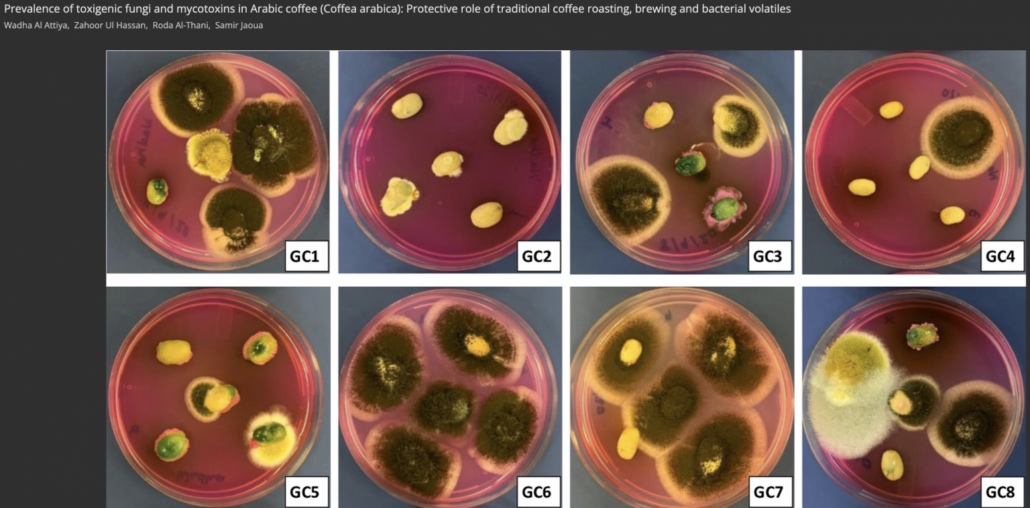
Some research shows that even though mycotoxin contamination is common, it only exposes people to a small percentage of allowable levels.
But as with most toxins in our modern lives, it’s not so much the acute exposure that we need to worry about. The main concern with mold in coffee is the possible effects of chronic exposure over time, and the addition of coffee molds to your overall toxic load.
Both acute and long-term exposure to mycotoxins can result in various symptoms.
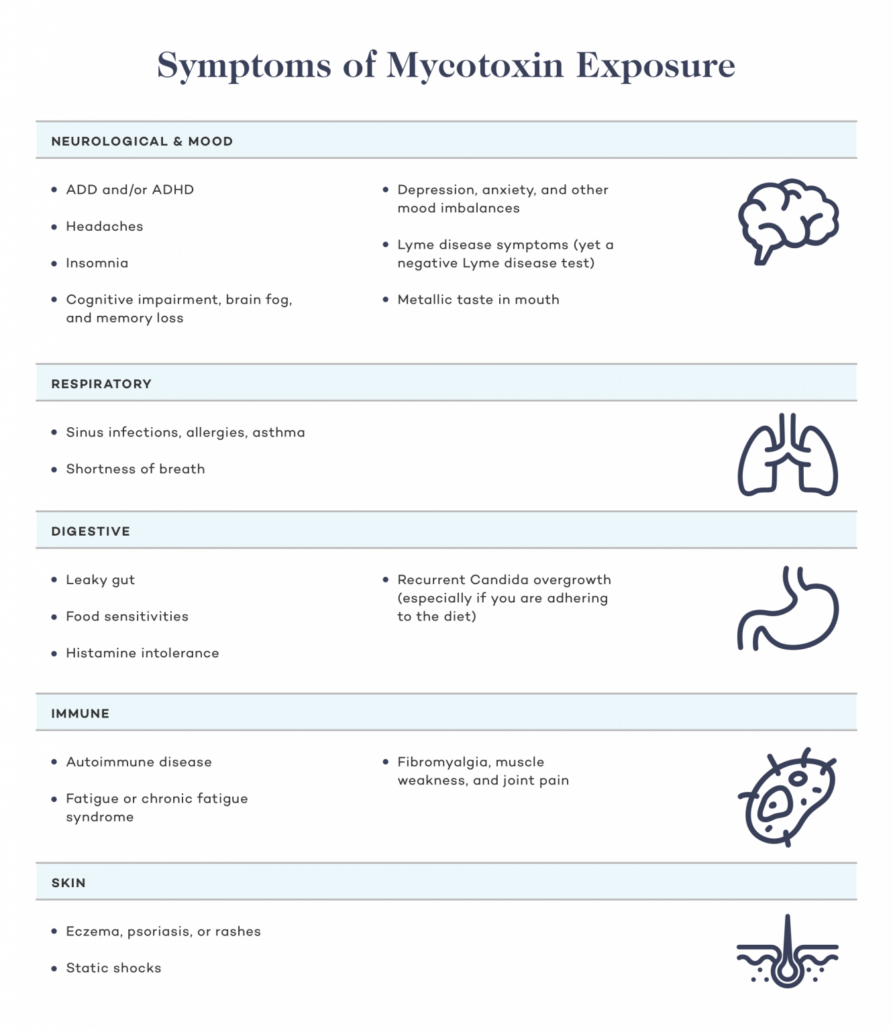
Is Organic Mold-Free Coffee Worth it?
The cleanest coffee will be both organic and certified mold-free.
Non-organic coffee beans are grown with chemical fertilizers and sprayed with numerous synthetic pesticides and chemicals that are harmful to humans.
Not only are these substances harmful to coffee drinkers, but they can damage the environment in which the coffee is grown while affecting the health of farmers.
However, the organic certification does not account for the presence of mycotoxins. That’s where certified mold-free coffee becomes essential.
What About Decaf Mold Free Coffee?
Studies show that decaf coffee generally contains more mycotoxins than caffeinated beans because caffeine naturally inhibits mold growth.
Furthermore, the typical way to decaffeinate coffee is to soak green coffee beans in solvents like methylene chloride or ethyl acetate.
If these substances sound familiar (and scary) that’s because they’re used in common solvents like paint thinner.
So if you’re sensitive to caffeine and drink coffee more for its flavor, it’s important to choose a certified mold-free brand that removes caffeine with the non-toxic “Swiss water method.”
The Best Mold Free Coffee Brand
The best mold-free coffee brands will be tested by reliable third-party labs and make their results available to consumers.
Some brands claim to be mold-free but don’t publish their tests.
Spirit Animal
The most transparent mold-free coffee brand is Spirit Animal.
Spirit animal is on a mission to connect rare, small-scale, high-scoring specialty coffee from Honduras with the world. They forge personal relationships with their small farm growers and support their sustainable farming practices.
Each of their coffees also comes with a “Cup Score” that accounts for a number of factors: visual appearance of the beans, aroma, taste, aftertaste, acidity, body, sweetness, etc.
All Spirit Animal coffees score from the upper 80s to the low 90s on a scale of 0-100. This classifies them all as “specialty coffee” (80-100). Most commercial coffees score between 60-80.
Certifications: Certified Fair-Trade. Third-party lab tested “mold-free.” Though not organic certified, their small-scale farmers use practices that would likely be considered organic.
Price: $22-$69 per 12 oz bag.
Mold Testing: Yes, they publish their lab results on their website. Here’s an example.
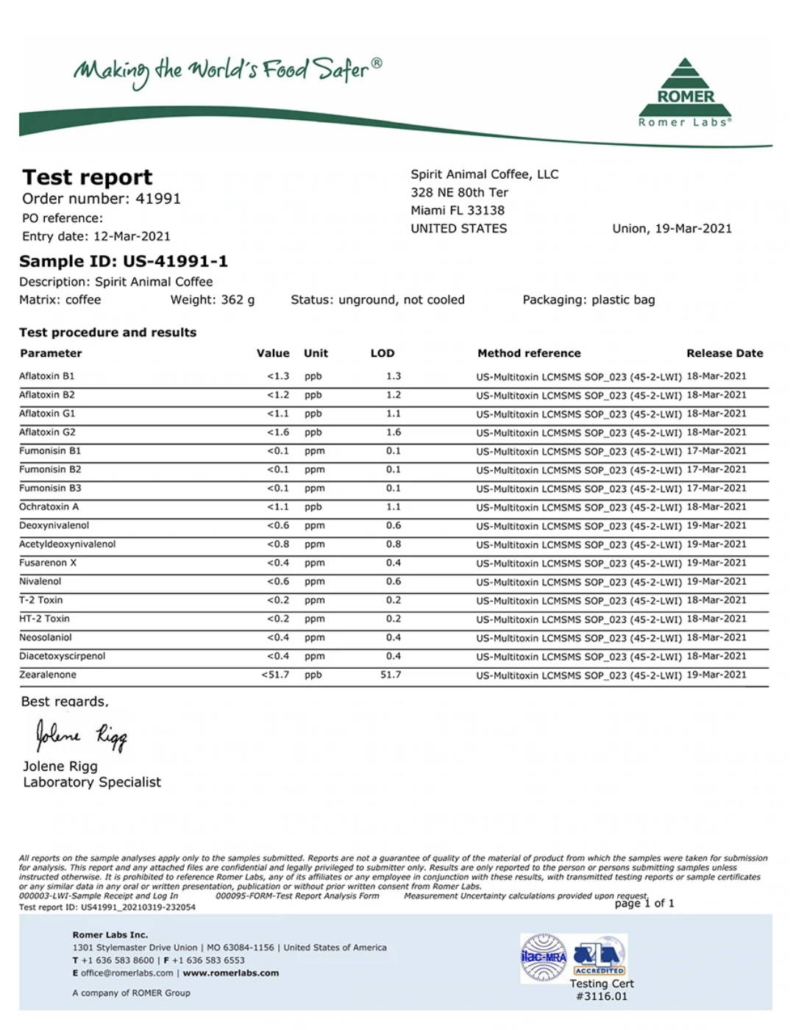
Natural Force
Natural Force was originally founded by two friends as a clean supplement company. They’ve since branched out to include coffee.
The coffee doesn’t advertise cupping scores, but what it lacks in barista-bling, it makes up for with eco-friendly packaging and a wallet-friendly price tag.
Natural Force Clean Coffee is also low-acid and gentle on sensitive stomachs. To boot, their decaf uses the nontoxic Swiss Water Process.
Certifications: Lab-tested for mold, mycotoxins, and pesticides. Available on their website. Certified B Corp, USDA Organic, and Direct Trade.
Price: $24.99 for 12 oz. bag
Fabula
Fabula’s claim to fame is the freshness of its coffee, which is roasted right before shipping. Their beans are shade-grown at high elevations, giving them a low acidity. In coffee bean terms, this means they are gentle on your digestion.
Certifications: USDA Organic, Mold Testing results are available upon request. In addition to mold, their lab tests look for over 350 unwanted compounds.
Price: $29.99 for 12 oz bag
Mold-Free Coffee: The Bottom Line
Significant percentages of the world’s coffee is contaminated with toxic molds. Though much of these molds are neutralized by roasting and brewing, chronic exposure to even small doses of mycotoxins can be harmful.
And let’s remember that most coffee drinkers enjoy their brews daily.
Fortunately, there are a number of mold-free coffee brands that back up their claims with third-party lab tests. For the cleanest cup of coffee–both for you and the environment–go for organic mold-free coffee. This way, you’ll know that it’s pesticide and mold-free.











